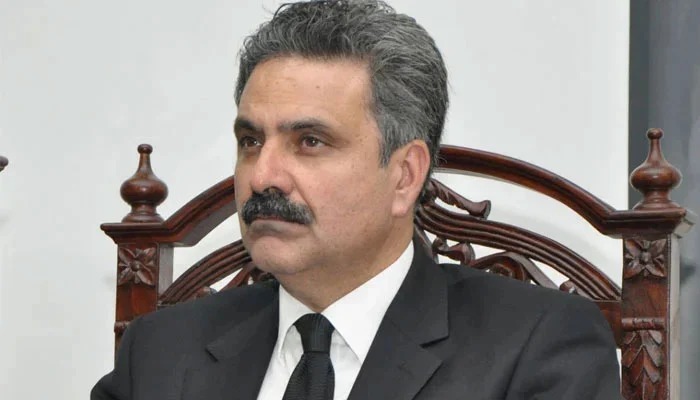
Afridi hails the judiciary’s collaborative drive to build a truly modern, transparent, and accessible justice system for all citizens
News Desk
ISLAMABAD: The Chief Justice of Pakistan, Yahya Afridi, praised the nation’s judges and judicial institutions for their efforts to strengthen and modernise the country’s justice system.
In a statement released by the Supreme Court, Afridi commended the work of the Supreme Court, high courts, and district judiciary, describing the ongoing reforms as the product of institutional cooperation and a renewed commitment to a system that is timely, transparent, and accessible to all citizens.
The statement highlighted the implementation of the Supreme Court Rules 2025, which Afridi said marked the start of a digital era after 45 years. Designed to promote transparency, expedite proceedings, and provide digital services, the new rules signalled a major shift in Pakistan’s judicial landscape.
Statistics from 2025 underscored the impact of these reforms. The Supreme Court recorded 22,848 new cases, while 27,228 cases were resolved, bringing down the total number of pending cases from 60,410 to 55,951. Priority was given to matters involving the death penalty, life imprisonment, family disputes, tax issues, and service-related cases, reflecting a focus on high-impact and sensitive cases.
The statement also pointed to the launch of a Judicial Dashboard to monitor performance and the disbursement of a record 1.64 billion rupees through the Access to Justice Development Fund, aimed at improving judicial accessibility and efficiency. The Judicial Council resolved 130 complaints over the year, while the Secretariat of the Judicial Commission of Pakistan was formally established. During 31 meetings, the commission made recommendations for the appointment of 53 judges, demonstrating a structured and transparent approach to judicial appointments.
Afridi described these steps as part of a broader vision to create a justice system that not only addresses backlogs and delays but also inspires public confidence, noting that continued collaboration among institutions was key to sustaining these reforms.


